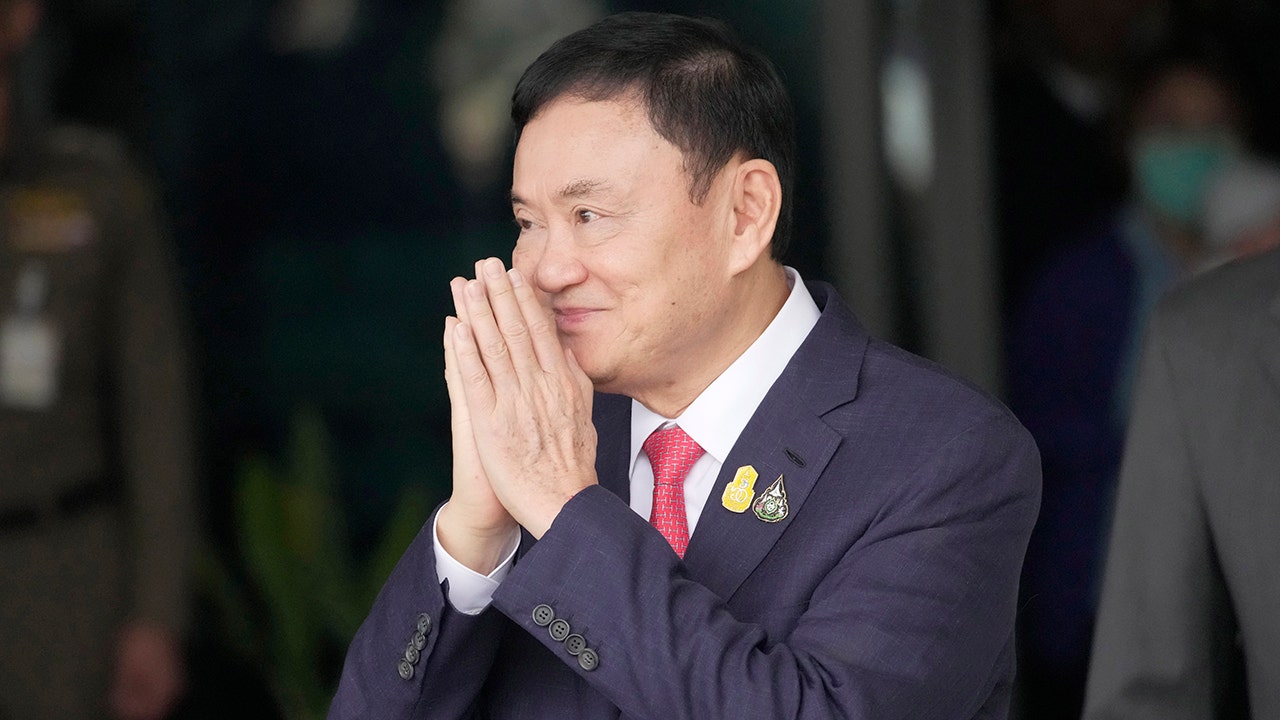Thailand’s King has made the decision to reduce former Prime Minister Thaksin Shinawatra’s prison sentence from eight years to one year, following his return to the country after 15 years of self-imposed exile. This news was reported by Thai media, with sources from the Justice Ministry stating that Thaksin could apply for parole after serving one-third of his sentence, approximately four months. He has been transferred to a hospital due to reported health issues and may remain there with permission from the Correction Department’s chief.
This decision, published in the Royal Gazette, is effective immediately. In Thailand, as a constitutional monarchy, the king has the final say on pardons for convicted criminals. Thaksin, who was ousted as prime minister in 2006 after being accused of corruption, abuse of power, and disrespecting the monarchy, fled the country in 2008 to avoid prison time on charges he believed were politically motivated.
It is widely speculated that Thaksin’s return was motivated by his hope for a new government that would be friendly towards him and reduce his sentence. It is also believed that he may have made a deal with the authorities. Shortly after Thaksin’s return, Srettha Thavisin, affiliated with Thaksin’s party Pheu Thai, won enough votes in Parliament to become prime minister, ending a period of uncertainty following the national elections in May. Pheu Thai formed a coalition with pro-military parties linked to the 2014 coup that ousted Thaksin’s sister, Yingluck Shinawatra.
The granting of Thaksin’s royal clemency decree stated that he had accepted his guilt, and highlighted his contributions to the country and loyalty to the monarchy. It suggested that Thaksin’s knowledge and abilities could be utilized to benefit the nation and its people.
After his return, Thaksin was initially sent to prison but was quickly transferred to a state hospital due to health concerns such as high blood pressure and low oxygen levels. He complained of difficulty sleeping and tightness in his chest.
Thaksin rose to power as prime minister in 2001 by implementing populist policies and utilizing his telecommunications wealth to establish his own political party. He was easily reelected in 2005. However, his popularity threatened Thailand’s traditional royalist ruling class, leading to years of violent conflicts between his supporters and opponents. Despite his party’s electoral victories, they were repeatedly removed from power by the courts and the army, which are aligned with royalism.
Deputy Prime Minister Wissanu Krea-ngam, who also acts as the justice minister, dismissed speculations of special leniency towards Thaksin. He stated that Thaksin would be treated like any other convict and would return to prison to serve his sentence once his health issues have been resolved. Wissanu is expected to lose his positions when Srettha’s government assumes office.
Denial of responsibility! VigourTimes is an automatic aggregator of Global media. In each content, the hyperlink to the primary source is specified. All trademarks belong to their rightful owners, and all materials to their authors. For any complaint, please reach us at – [email protected]. We will take necessary action within 24 hours.


